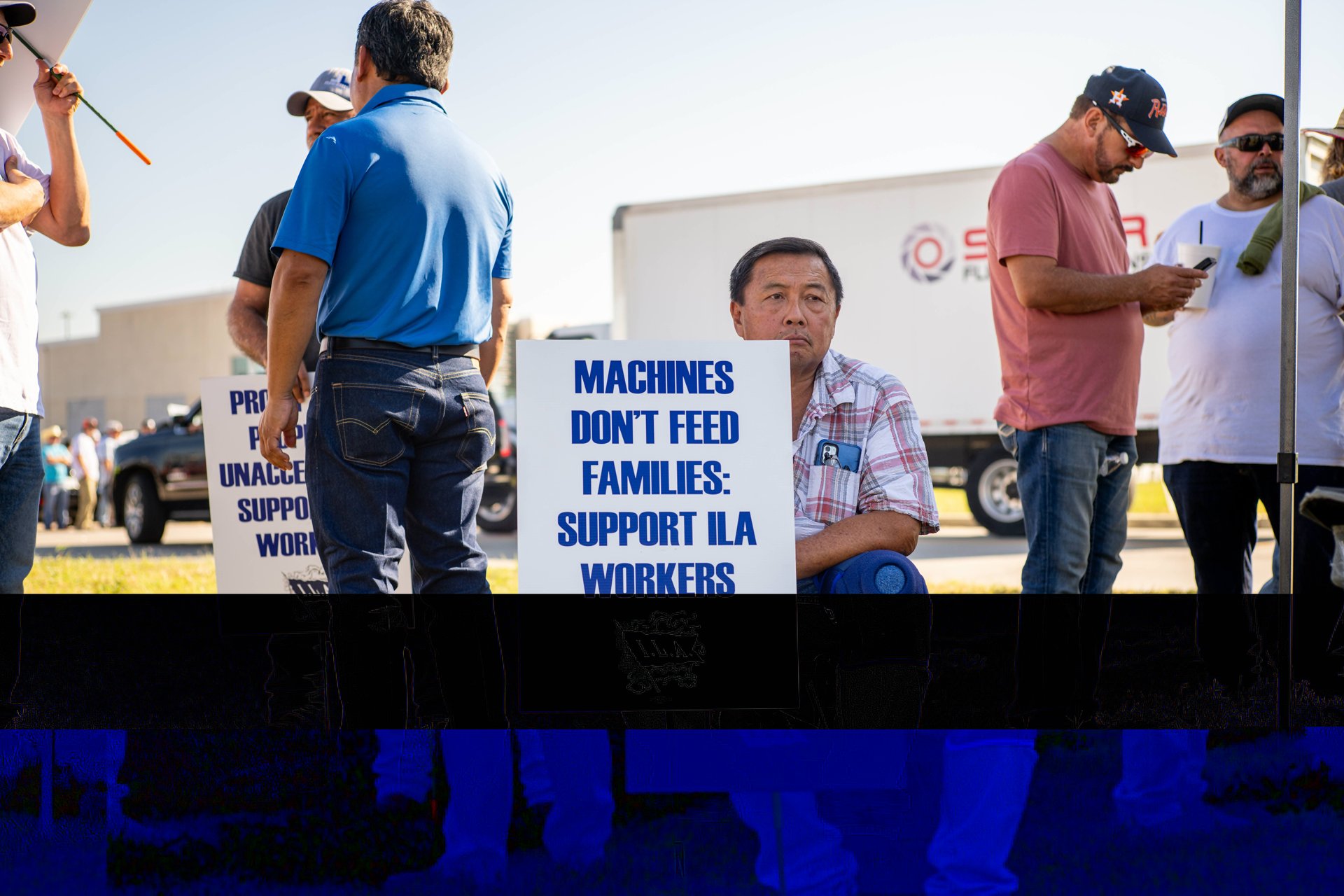Walmart, Ikea, and Home Depot are among the major companies that will be hit by the port strike
A prolonged strike could threaten supplies for major companies in the retail, automotive, and manufacturing industries

A massive dockworkers strike could impact cargo movement of leading importers operating on the East Coast and Gulf ports, including Walmart (WMT) and General Motors (GM), according to trade data aggregator Import Genius.
Suggested Reading
If no agreement is reached, several terminals at these ports could cease operations, affecting products shipped in containers and threatening the global supply chain. This could eventually increase the prices of commodities across almost all industries — from retail and automotive to manufacturing.
Related Content
Walmart, Ikea, General Motors and First Solar (FSLR), a climate tech company, are among the leading importers at 14 major ports that could be impacted by the strike, according to the data provided by Import Genius.
The data consists of digital records with shipper and product details for containers at key ports, namely New York/New Jersey, Baltimore, Savannah, Ga., Houston, North Carolina, South Carolina, Virginia, and New Orleans.
First Solar topped the list with imports of nearly 70,000 TEUs (20-foot equivalent units), followed by General Motors with at least 62,500.
Quartz reached out to First Solar regarding the impact of the strike but is yet to hear back.
Tire companies such as Goodyear (GT), Michelin, and Continental Tire rely on East Coast ports for supplies and are among the top importers at the affected ports. Other top importers across the selected ports include Walmart, LG Electronics, Bob’s Furniture, Samsung, Home Depot (HD), and Hyundai.
The top importers at New York and New Jersey, the largest port on the East Coast, included General Motors and Glovis America LG. At Baltimore, Ikea and Bob’s Furniture were the top two importers, while the largest port in the South, Savannah, has Hanwha Q Cells — a company that makes solar cell components — as its largest importer. Port of Virginia has Walmart and Ikea as leading importers.
The data provided by Import Genius, however, does not include any shipments handled by third party logistics companies nor does it include shipments where the consignee has filed a request for anonymity with U.S. customs.
What experts and leaders are saying
In a customer advisory on Sept. 26, Christian Roeloffs, co-founder and CEO of Container xChange said, “The strike could push the container trade into chaos, with ripple effects that potentially will disrupt supply chains well. The congestion and delays at these major ports will severely impact the availability of containers, increase costs, and disrupt schedules.”
Ocean carriers such as Maersk, CMA CGM, Hapag-Lloyd, and other carriers have already announced surcharges for port strike disruptions. Effective Oct. 21, Denmark-based carrier Maersk is implementing a surcharge on the impacted ports, ranging from $1,500 for a 20-foot container to $3,780 for a 45-foot container.
“This surcharge is necessary to cover the higher operational costs that will be incurred due to the service disruptions, ensuring the sustainability of our services and ongoing support for your supply chain requirements,” Maersk said.
CMA CGM will start charging from Oct. 11, followed by Hapag-Lloyd on Oct. 18.
The U.S. Department of Transportation is closely monitoring attempts that could raise prices. In a statement released on Oct. 1, Transportation Secretary Pete Buttigieg called on ocean carriers to withdraw surcharges. “No one should exploit a disruption for profit, especially at a time when whole regions of the country are recovering from Hurricane Helene,” the statement read.
“With a strike now in place at all East Coast and Gulf Coast ports, NRF is urging President Biden to intervene and use all necessary tools, including the Taft-Hartley Act, to immediately resume the flow of cargo at these essential ports and get the negotiating parties back to the table,” Jonathan Gold, the vice president of supply chain and customs policy at the National Retail Federation (NRF), told Quartz in a statement.
The last time a president invoked the Taft-Hartley Act was during the West Coast port lockout in 2002 under President George W. Bush. The law allows the President to intervene in labor disputes that pose a risk to national security or public safety, by enforcing an 80-day cooling-off period. This requires workers to return to their jobs while negotiations continue.
“This is a critical time for retailers and other businesses ahead of the holiday season. The longer this disruption lasts, the more harm it will cause to the economy and the millions of businesses, workers and consumers who rely on the seamless flow of goods, both imports and exports, through the East Coast and Gulf Coast ports,” said Gold.